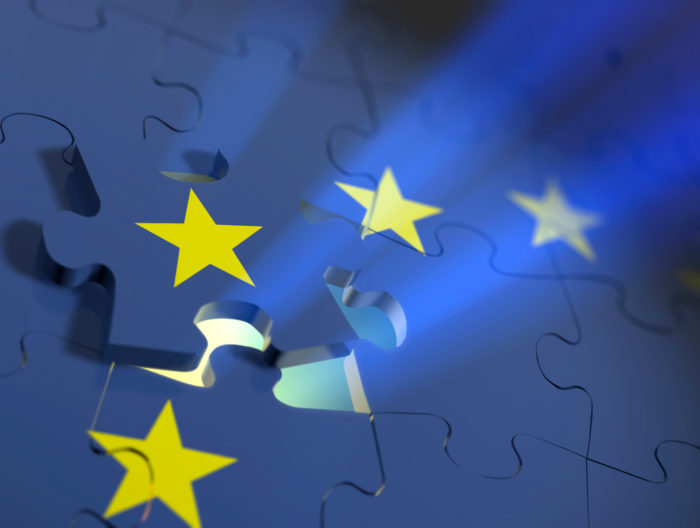This paper by Ioannis Armakolas, ELIAMEP Senior Research Fellow, Head of the South-East Europe Programme and Ana Krstinovska, ELIAMEP Research Fellow, Southeast Europe Programme, is prepared in the framework of the run-up activities for the Berlin Process Civil Society Forum 2023 which was co-organized by ELIAMEP.
It aims to take stock of the current ideas and initiatives to re-incentivize the EU enlargement policy towards the Western Balkans, in particular by considering avenues for addressing the key political issues that stand in the way. To that effect, it includes and builds on the consultations with a broad group of experts from the Western Balkans and EU Member States, which took place between June and September 2023. The process involved three consultation meetings with 42 stakeholders, as well as an in-person public conference with 144 attendees. The Hellenic Foundation for European and Foreign Policy (ELIAMEP) facilitated the consultation process, alongside a core group of experts.
The Berlin Process is a high-level platform launched in 2014 in Berlin at the initiative of the former German Chancellor Angela Merkel. It includes representatives of the Western Balkan 6 countries, alongside representatives of a number of EU member states, EU institutions and regional organisations. The main focus is to strengthen regional cooperation in the Western Balkans as a stepping stone towards EU integration in a number of areas, including sustainable economic development, youth, culture, environment, security, reconciliation etc. The Civil Society Forum, hosted annually since 2015, is an important aspect of the Berlin Process as it engages a vast pool of civil society analysts and activists from the region and the EU and strives to invigorate a public debate on the most pressing issues and provide recommendations to policy makers. Some of the biggest achievements for the Western Balkans credited to the Berlin Process include the focus on infrastructure connectivity, which led to the establishment of the Western Balkans Investment Framework and increased access to funding for large infrastructure projects; improvement of regional mobility, especially for youth through the creation of the Regional Youth Cooperation Office; and the launch of the Common Regional Market through a number of agreements aimed to facilitate the free movement of goods, services, capital and people.
You can read the paper here.



